Archiving the Digital
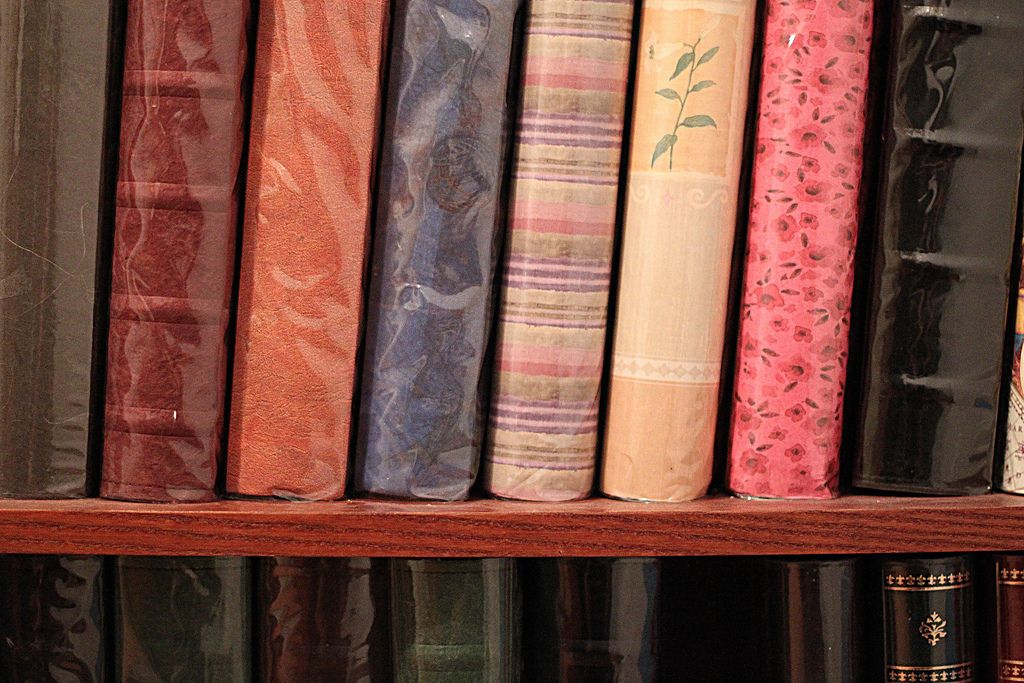
I'm sure I'm not alone in having grown up in a household that had shelves dedicated to all shape and size of photo albums. The crinkle of plastic that covered each page holding the photos in place, the yellowing of the images over time, the curation of which photos were not just deemed worthy enough for inclusion in an album, but worthy of taking (after all it wasn't like film and development was free). And now I've spent most of my life in an era almost entirely digital where there is basically no cost to capture every moment and share it to digital spaces. Every so often I'll get this nagging feeling that I'm living in the moment, but rarely spending the time and effort to make sure I can reflect on these moments decades from now when the memories will be even more precious.
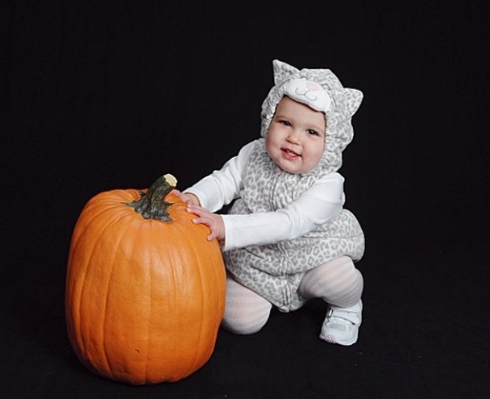

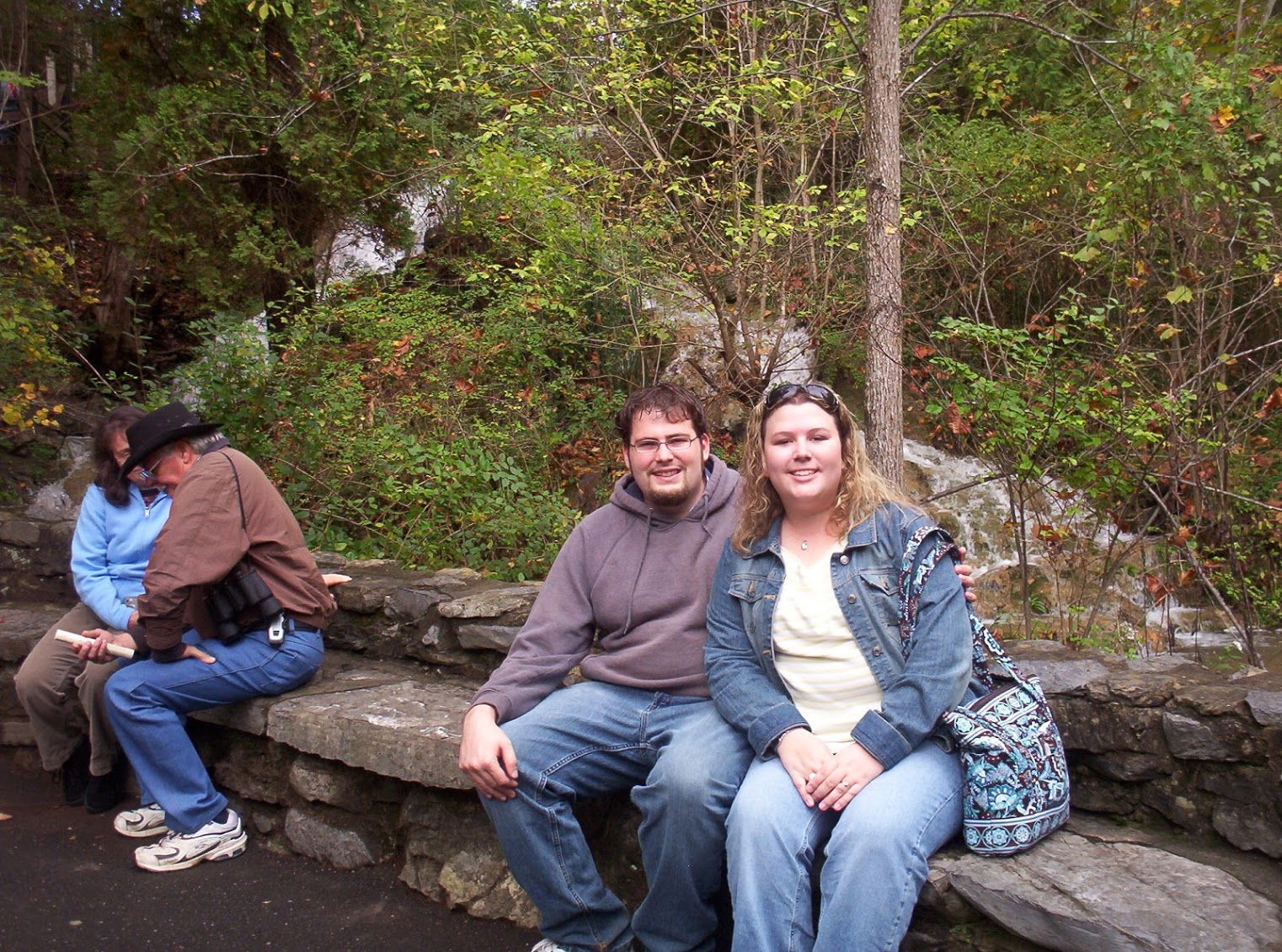
I had burned CDs for awhile, external hard drives here and there, but you lose track. I was never a big Flickr user and every online space had limits (these days the limits are pretty damn high but that wasn't always the case). All of the photos I take these days are with my phone, but then you do upgrades, you get a new phone and try to make sure everything comes over. Space is limited, something has to go. You click next too many times and realize only a month later that you had a new photo library and the old images are gone.


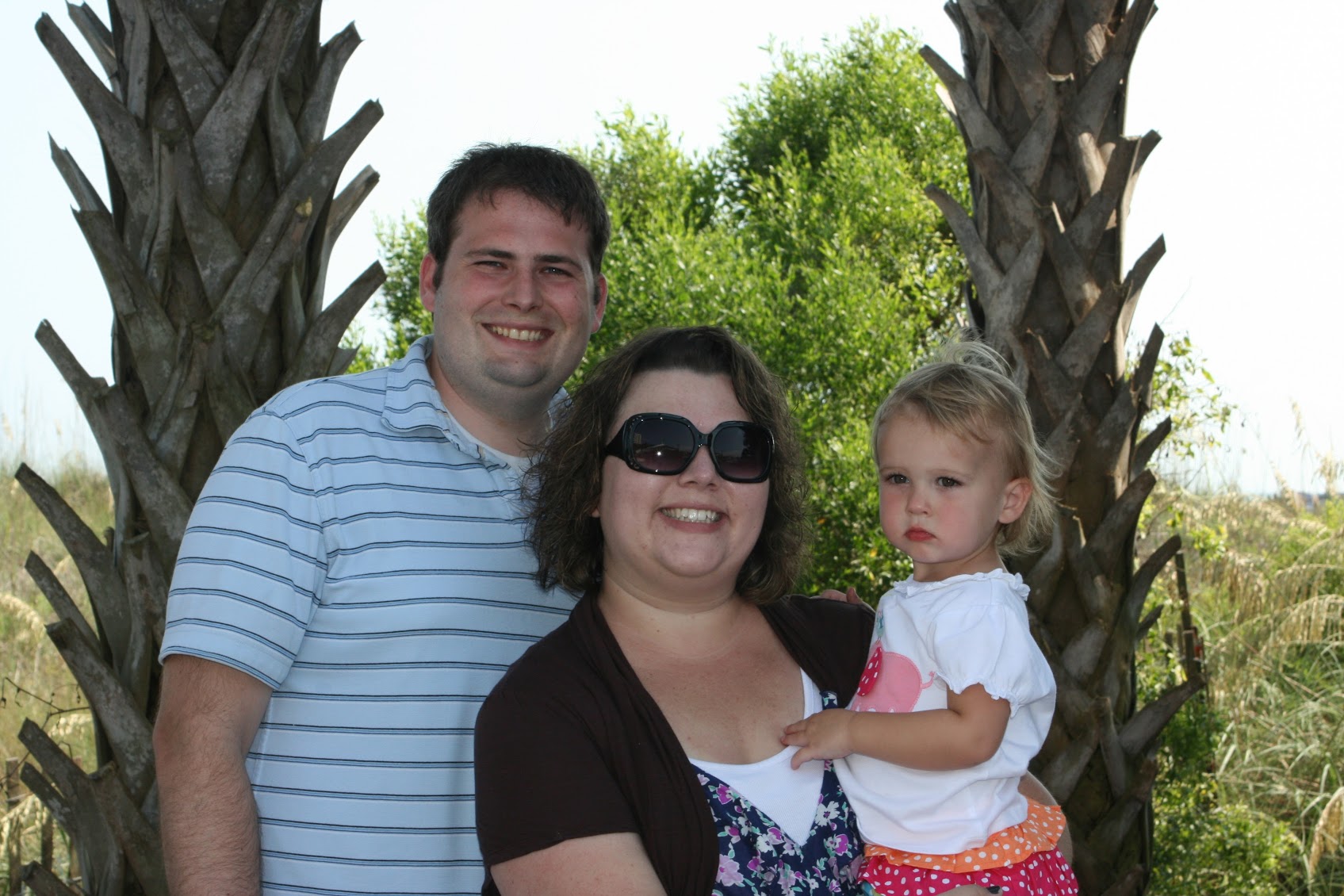
Part of that I think is coming to terms with the ephemeral nature of the digital (which can either bring you peace or pain, or if you're like me a little of both). Do we have to accept that? Do we have to get a second degree in digital archiving and be as meticulous as your coin-collecting uncle just to ensure that these things survive. Some level of care is absolutely necessary, some level of automation is certainly desired to make this kind of thing usable to a larger audience.
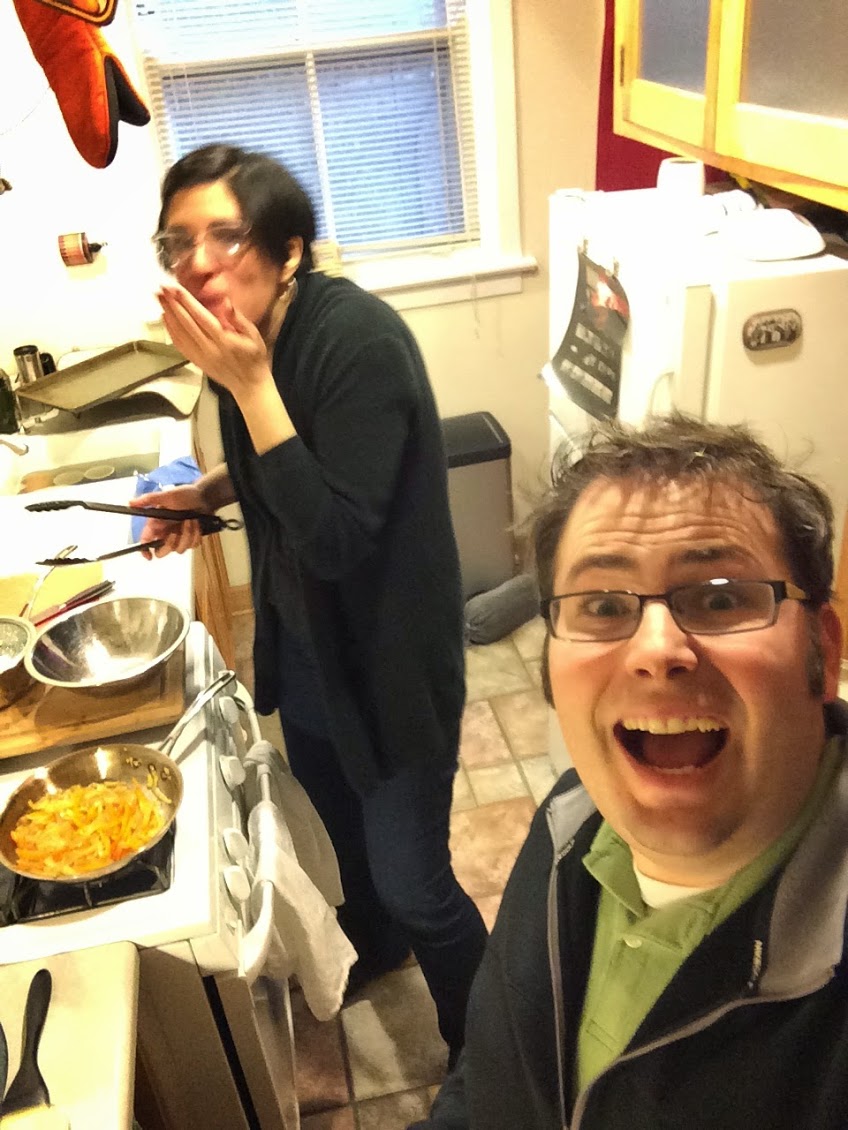
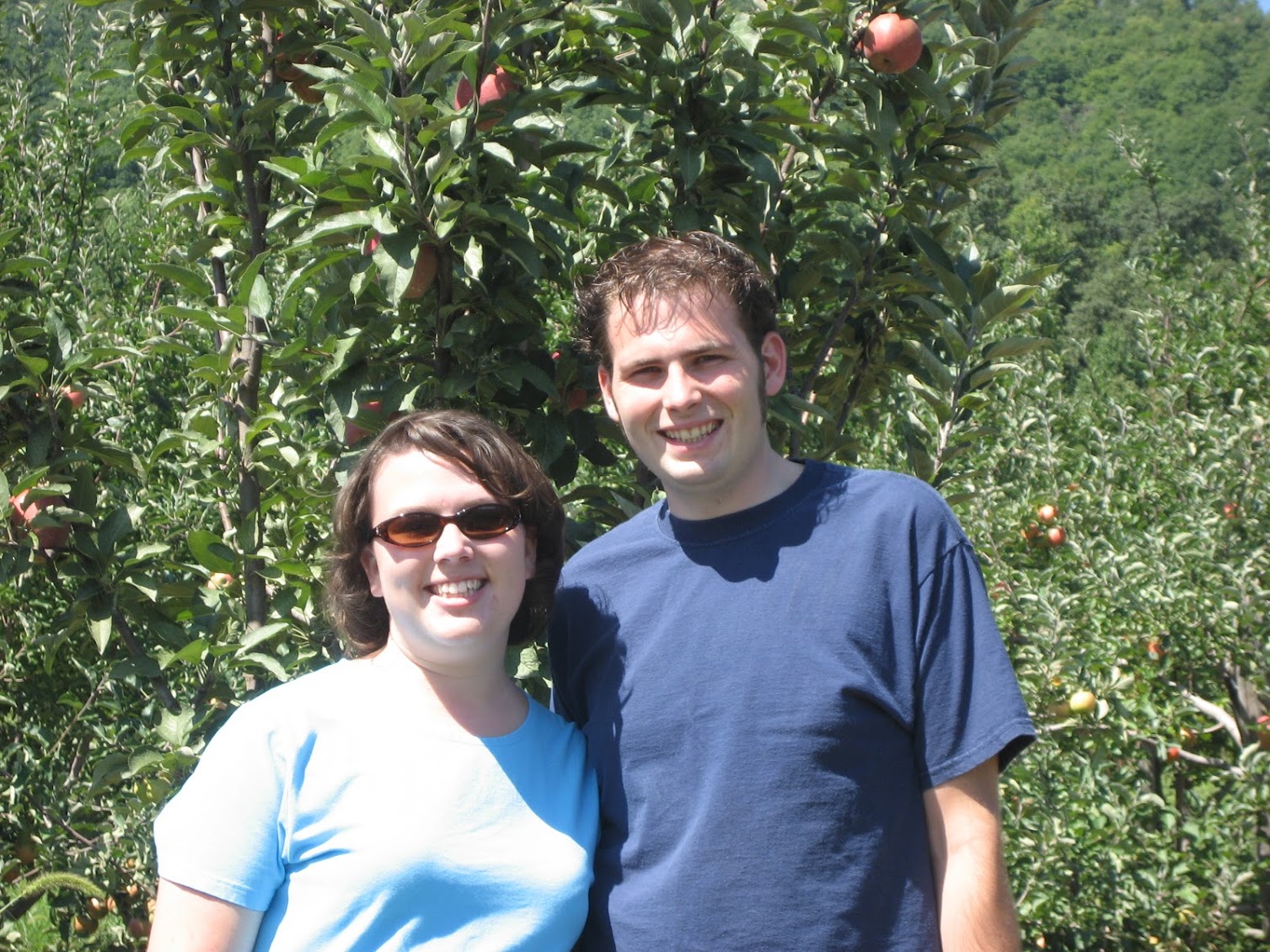
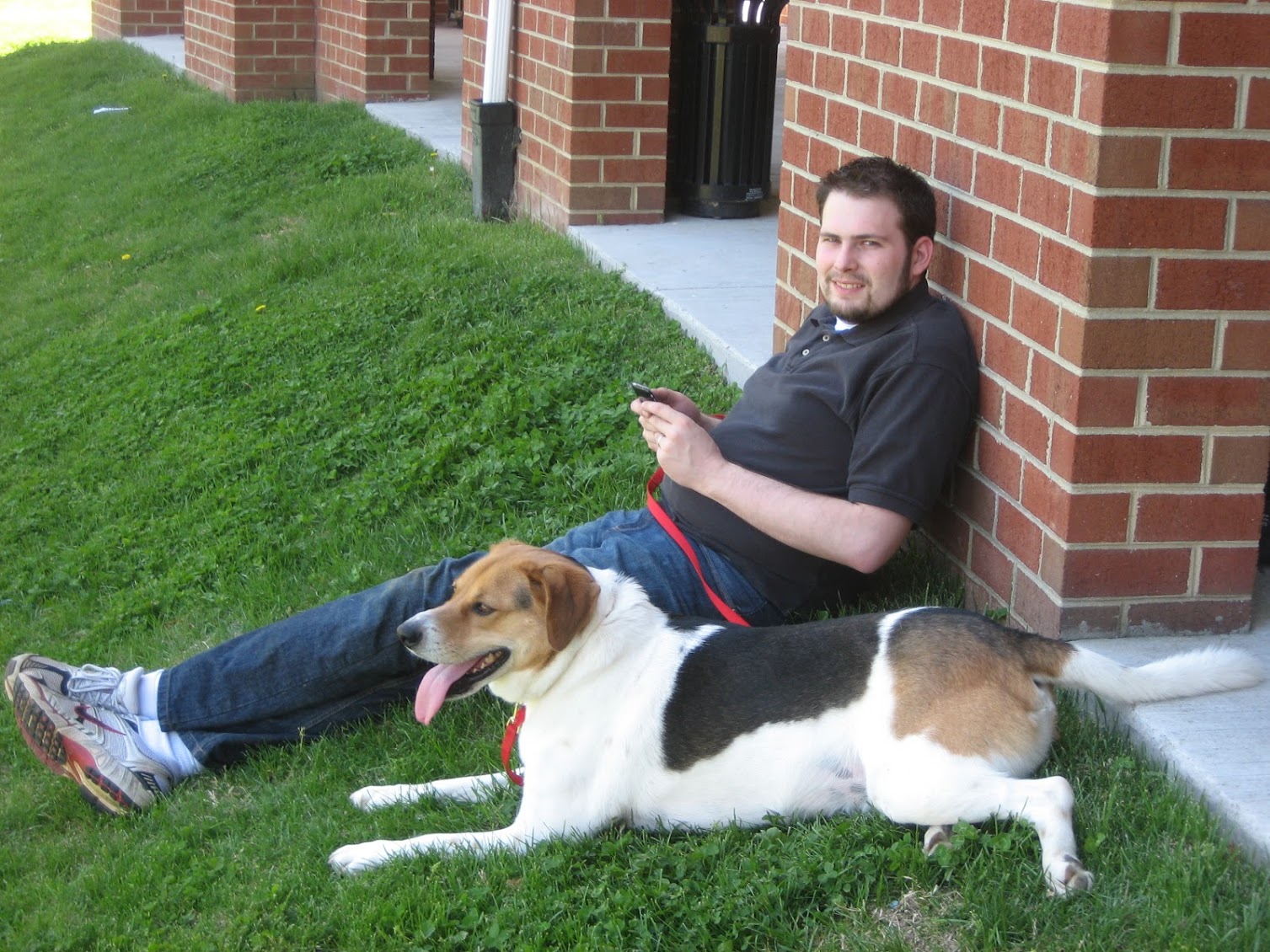
One space that has definitely saved me from myself is Google Photos. The service was spun out of the sinking ship of Google+ in 2015 with no limits on the number of photos you could upload (there were limits if you wanted high-res print-quality, but for screen quality images there was no cap). Key point for me was uploading was as easy as dropping in folders and letting it go to work. I grabbed all the old CDs, I grabbed folders off our desktop that was aging, I threw everything I could think of in there. Then I got the app on my phone and it had the option to automatically upload every picture I took for me in the background. Upon upload Google would go to work to grab the metadata so that I could later search for things like "Munich" and get an album of photos from there or find photos that included my dad.



Of course the privacy-conscious probably cringe at the amount of data I'm turning over to a cooperation. But I'm not sure the bandwidth, storage, computing power, and development necessary to create such a thing is available in a way that doesn't require some Faustian bargain between an individual and a larger organization with their own set of priorities (I'd love to be proven wrong). For now I have photos that go back to my college days and the early days of being able to take digital photos at all. I can quickly find a point in time and reference it to pull out a quick memory.
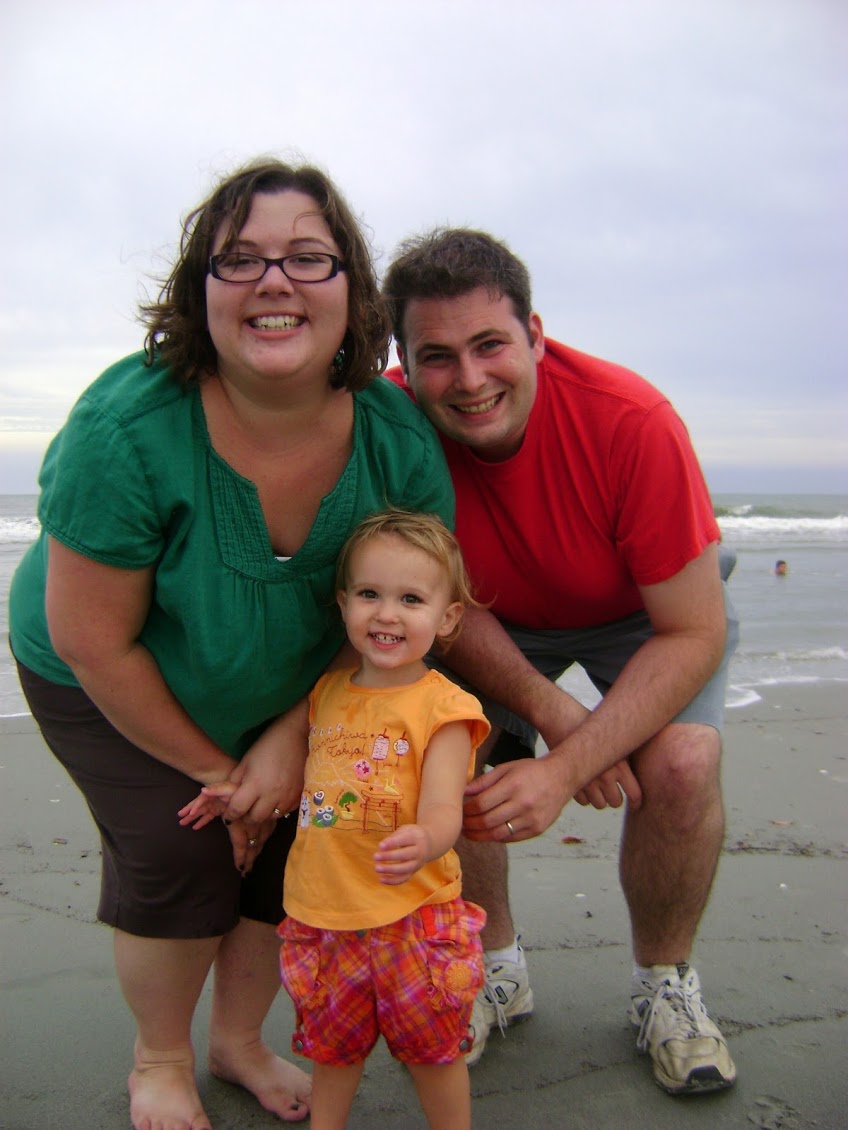


This is likely not permanent, nothing seems to be. Google could shutter the service and I'm back at square one. But for now I'll hold on to what I have closely while I ponder what I could be doing to better archive the digital bits that I leave across the web every day.
Featured Image is Bookless Shelf #ds421 by Brendan C
Comments powered by Talkyard.